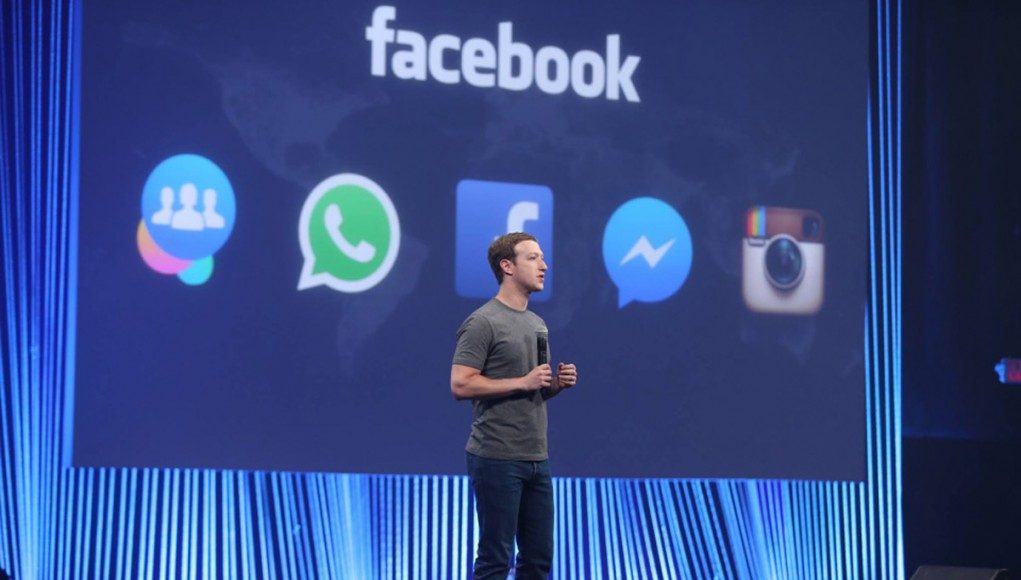During Facebook’s Q4 2015 earnings call this week the company reiterated conservative expectations for Oculus Rift sales in 2016.
Responding to a question by Macquarie Group analyst Ben Schachter, Facebook CFO Dave Wehner said that revenues relating to the Rift wouldn’t be “material” to the company’s 2016 financials:
Schachter: On virtual reality, another question. Can you just discuss the supply constraints in terms of how many units you can ship per month? And should we expect those shipments to accelerate into the holiday? Then also related to that, how are you going to work with retailers to show consumers the power of Oculus in-store and in person? Thanks.
Wehner: So Ben, just following up on VR and supply constraints, so we have two products… you’ve got Gear VR and Samsung is really handling all of that from a hardware perspective, and obviously they are well prepared on that front. With Rift, it’s really… you know it’s early in the evolution of VR. It’s early to be talking about large volume, so at this point I don’t think we’re giving a lot of color around supply chain and that sort of thing. It’s not going to be material to our financials this year.
Facebook nor Oculus have given any specific sales figures for the Oculus Rift which became available for pre-order in early January and is set to ship the earliest units at the end of March. Currently the headset is backordered some four months.

With Facebook’s 2015 revenue sitting at $17.93 billion, it’s tough to say exactly how much money constitutes “material”. As the company’s earnings slides list revenue in thousands of millions, it should be a safe bet to think that anything pushing the needle by a minimum of $1 billion dollars would certainly constitute “material.” Put into perspective, $1 billion in Rift sales would be 1.67 million units at the current $599 pricetag. To be less safe, but perhaps more reasonable, $500 million in revenue (which I suspect shareholders would agree is “material”) would track to 834,724 Rifts at the current price.
Any way you slice it, it seems that Wehner’s statements call into question projections and forecasts expecting multiple millions of Rift headsets to be sold in 2016. Sales of less than a million units in 2016 is consistent with prior statements from both Facebook and Oculus CEOs, Mark Zukcerberg and Brendan Iribe.
Iribe told CNBC earlier this month that Oculus could produce “many tens of thousands into the hundreds of thousands [of Rifts] no problem this year…” During Facebook’s Q3 2015 earnings call, prior to the headset opening for pre-orders, Zuckerberg set expectations for first year Rift shipments in the “hundreds of thousands of units”, comparing the development of the VR industry to that of the early smartphone market.

Responding to a question during this week’s Facebook Q4 2015 earnings call about whether or not he was happy with Rift pre-orders, Zuckerberg said, “Yes, I am happy. I don’t show much joy, but I’m happy. Sorry [laughing]. It’s going to be gaming for the beginning. I mean, that’s the initial market. There are about—I think it’s around 250 million people who have Xboxs, PlayStations, or Wiis. That’s the initial market of folks who we think are going to be most interested in the early VR experiences, especially at some of the higher price points.”
For Palmer Luckey’s part, the founder of Oculus, he said days after Rift pre-orders opening that they were “going much better than I ever could have possibly expected.”







